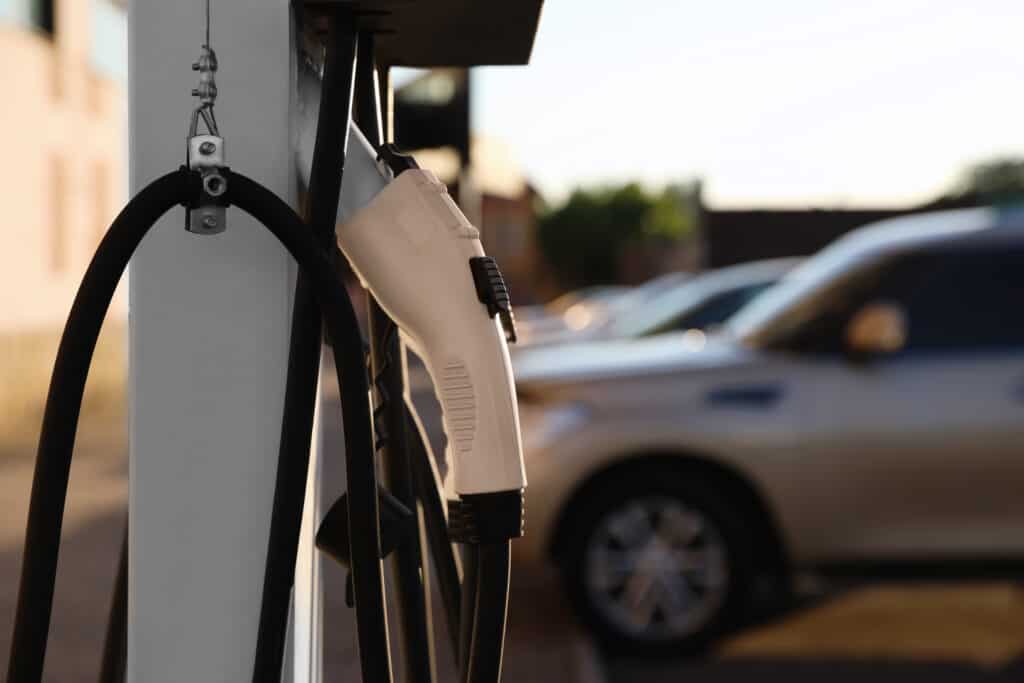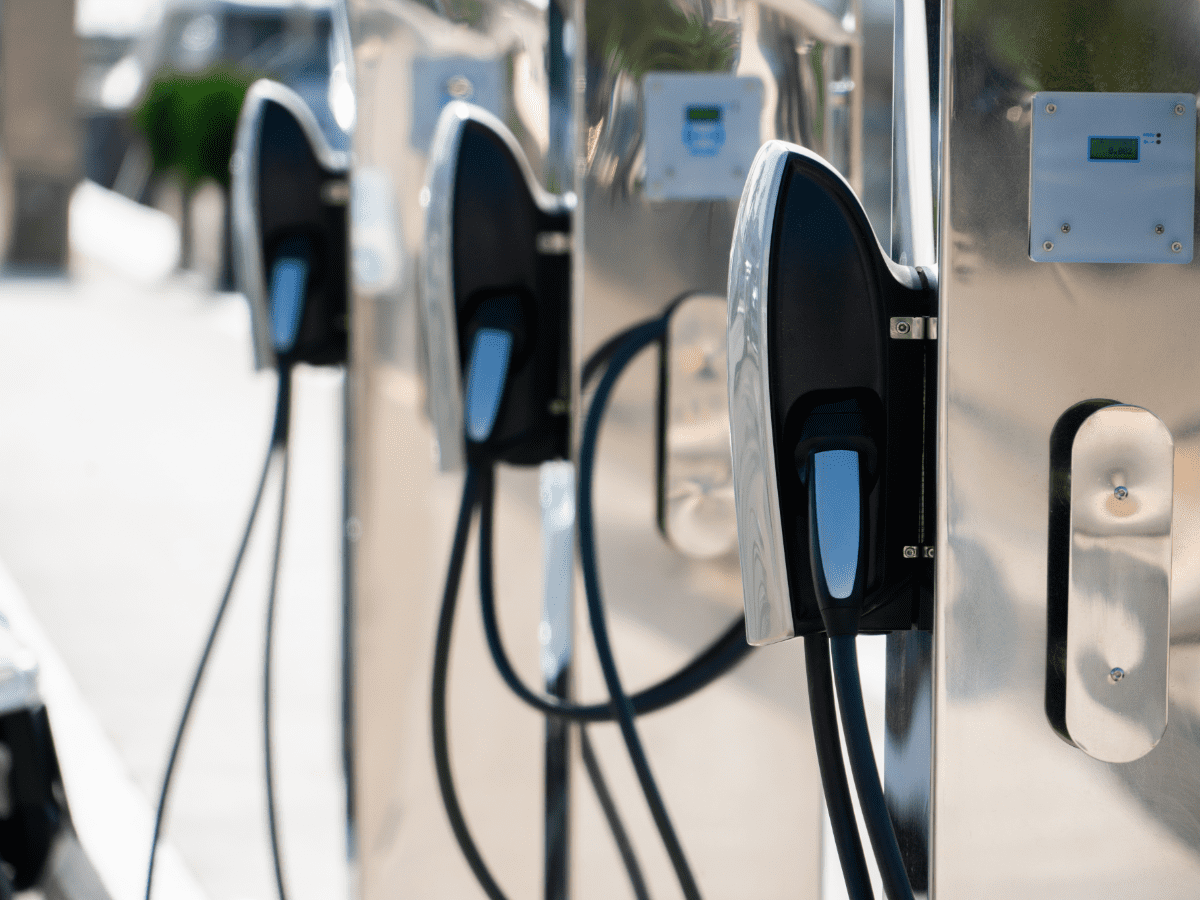
What Is The Future Of Electric RVs?
RVs have existed for decades, and gas-powered vehicles have been around for even longer! It seems impossible that anything could shake the status quo at this point, but electric RVs have the potential to change everything. This technology is still fairly new, but it shows great promise.
Electric cars have been gaining momentum over the past few years. Millions are sold every year, and industry experts anticipate a huge increase in the future. Unfortunately, electric RVs are more difficult to develop due to their size and weight.
Currently, there aren’t a lot of options on the market, but many brands have been working hard to develop prototypes with interesting designs. Within the next decade, multiple mass-produced electric models could be hitting the road. But there are plenty of benefits and drawbacks to consider. Below we’ll explore the current state of electric RVs and the ways that they could change in the near future.
Benefits
Clean energy
The main goal of an electric vehicle is to reduce emissions. Because it doesn’t burn fuel, it doesn’t create any greenhouse gases or other fumes. Many RVers are looking for ways to reduce their environmental impact, so the potential of clean energy is definitely exciting for them.
Most electric vehicles are also pretty easy to charge (as long as you can find the right hookups). If you own an electric vehicle, you can install a charging station inside your home garage for easy access. The same benefits should also be available to RV owners.
Save money at the fuel pump
Speaking of fuel, electric RVs don’t require gasoline or diesel. So, you can skip trips to the gas station and hit the road! Gas prices are constantly fluctuating, and we’ve seen sky-high prices in recent years. Filling up a large RV can easily empty your wallet.
RVs are already expensive and they require plenty of updates and maintenance. If you want to remove one recurring cost from your life, an electric vehicle could be the answer. It’s initially expensive, but you can sometimes recoup that cost in fuel savings.
Solar capabilities for charging on the go
Although permanent charging stations are a great option, you won’t always be able to find one out in the middle of the forest. In this case, you need an alternative energy source to recharge your battery. Solar power to the rescue!
Many electric RVs come with solar panels, so you can charge the battery anywhere. This also makes them better equipped for boondocking and long trips. The solar panels might take a while to charge your battery, but it’s a great alternative to charging stations. With this addition, you won’t have to stick to urban areas anymore.
Quiet engine
RV engines can be extremely loud! They need to be powerful to move such heavy vehicles, but this can become annoying during long drives. If you need to listen to people while you back up or park, it can also be a hazard.
Luckily, electric vehicles make almost no noise. Their engines are so quiet you sometimes can’t even tell that they’re on! If the noise of your RV grates on your nerves, maybe an electric upgrade is the answer.
New, innovative models
Electric RVs are on the cutting edge of technology. A lot of them are just concepts or prototypes right now, so it’s hard to say how they will look upon their release. However, this means that when they do become commercially available, they will be the newest and most highly-engineered vehicles on the market.
Every concept model that has been announced has been loaded with high-tech features and brilliant design choices. These RVs break a lot of conventions, and we can’t wait to see how they will change the industry’s design standards.
Drawbacks
High upfront cost
The price is one of the biggest drawbacks of electric RVs. A few European models are already travelling the roads, but these are often twice as expensive as their gas-powered counterparts. If a standard RV costs around $100,000, a comparable electric model might be closer to $200,000.
That’s a significant markup, and many people won’t be able to afford these vehicles. You will eventually save money at the gas pump, but it will take several years before it even begins to pay for itself. Until these vehicles become commercially competitive, their popularity will be limited.
Limited charging stations
Anyone who owns an electric car can tell you that it’s not always easy to find a charging station. Gas stations are scattered all across the country, so you’ll never be too far from one. But charging stations are much scarcer.
Developed urban areas are the most common places to find these. Some business parking lots have them as well, and even a few gas stations have installed them in recent years. But if you were traveling in an electric RV and needed to take a charging break, your options would be limited.
Battery charge doesn’t last as long as fuel
The next issue is the battery life. Electric vehicles have powerful batteries, but they still have operational limits. Under ideal circumstances, some models can travel 300 miles on a single charge. But this number is drastically reduced as the vehicle weight increases.
Because of this drawback, many electric RV prototypes can only travel 125 miles at a time. This is fine for local trips, but it severely limits your travel range. Although automotive experts are looking for ways to extend the battery life, this is still a major flaw that needs to be rectified.
Small size
In order to extend the battery life, electric RVs are often smaller and lighter than average. This can be frustrating for buyers because they’re paying extra for a smaller vehicle. There’s less space to work with, which means limited storage, fewer slideouts, and fewer full-time living capabilities.
Some people enjoy small RVs due to their maneuverability, but this size limitation is an issue that needs to be dealt with.
Limited options and niche market
Finally, there aren’t a lot of options for electric RVs on the market right now. A few prototypes and European models are available, but the US is lagging behind in this department. Gas-powered RVs are popular because there’s a huge variety of choices.
As electric models begin to roll out, you’ll only have a couple of options to choose from. Inventory will also be limited, so you might not be able to buy an RV even if you want to.
Future growth potential
Although the current market for electric RVs is limited, there are lots of ways for them to become viable in the near future. We’re already seeing some improvements and developments in other electric vehicles, so these could be applied to RVs as well.
For instance, additional charging stations are being installed around the country. This will make electric travel more accessible and convenient. The vehicle batteries are also becoming stronger all the time. Their range is steadily improving, so they can tackle longer and longer trips. There’s even potential for hybrid models so customers can get the best of both worlds!
RV brands are beginning to shift towards clean energy and electric models as well. Well-known brands such as Winnebago, Volkswagen, and Nissan are developing their own prototypes. These will be pretty pricey when they initially hit the market, but we expect the cost to go down once mass production begins. Affordable secondhand models will also become available sooner or later.
Electric RVs aren’t currently realistic for most buyers, but the tides seem to be shifting. There will always be demand for vehicles fueled by clean energy, so you should expect to see more and more electric models on the roads in the coming years.
Join the RV LIFE Community
One of the best parts about RVing is engaging with the community of traveling enthusiasts. iRV2 forums allow folks to chat with other RVers online, and get other perspectives on everything RVing, including products, destinations, RV mods, and more.
Related articles:





no way would I ever buy a BEV RV or a BEV car. I will keep my ICE RV and car.
Yes, more children in the Congo should die mining cobalt so we can go glamping!
EV RV? NEVER, EVER!
Wow…